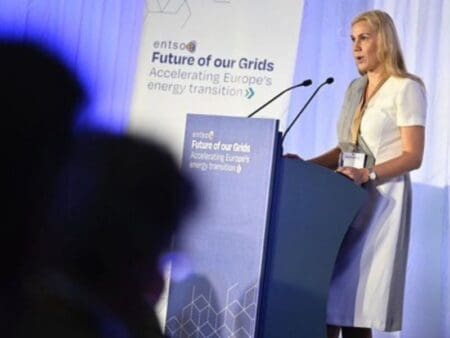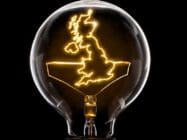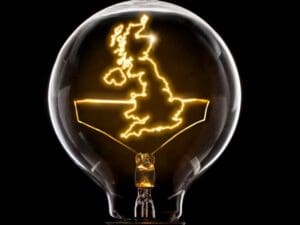
“The conclusion is very simple: without a power network fit for purpose, we will not achieve our REPowerEU goal to replace Russian fossil fuels, nor will we reach our net-zero targets,” stated the European Commissioner for Energy during the first High-Level Electricity Grid Forum hosted by ENTSO-E.
Aiming to bring together industry leaders to raise awareness about the grids’ crucial role in the energy transition and develop input for EU-level policy discussions, the immense investment needed to reinforce the grid stood out as a key topic.
“Let’s make no mistake: investments in the grid will be needed,” said Damian Cortinas, chairman of the board of ENTSO-E, the European Network of Transmission System Operators for Electricity.
“Even if we (fully leverage) digitalisation and coordination with and between TSOs; even then we will need massive investments to connect new generation, for the solidarity between regions and countries of Europe and, in particular, for the sharing of flexibilities we will need for tomorrow.”
The grids forum is the latest initiative coming from European Associations to spotlight the state of the grid and the initiative needed to get it ready for a net-zero scenario.
Earlier this week, Eurelectric reported the need to prioritise grid expansion to meet Fit or 55 and REPowerEU goals, and the European distribution system operator (DSO) association E.DSO set out key pledges for the future grid with a call for investment to be high on the EU’s future agenda.
Investment first
According to Simson, one of the keynote speakers during the forum, although there are several key topics to tackle in readying the power grid, “the first one is investment.
“Europe needs to invest €584 billion ($624.6 billion) by 2030 to modernise and expand its grids. This is huge. But we can get there.”
Referencing an announcement from the European Investment Bank (EIB) back in July of additional financing of 50% (€15 billion ($16 billion)) to the REPowerEU Plan, Simson pointed out how there has been initiative to fast track financing.
“The proposed new electricity market reform will also make a difference. We expect it to change the remuneration mechanism for grid projects and boost anticipatory investments.”
Have you read:
Four elements under negotiation in the Net Zero Industry Act
Are Europe’s distribution grids ready for heavy-duty EVs?
Regulation and interconnection
The second key issue to address, adds Simson, is that of regulatory barriers. Namely, the potential offered by breaking them down and fast tracking procedures.
Third was that of the importance of cross-border interconnection, as highlighted by the energy crisis.
Stated Simson: “Europe stands to gain much if we revitalise regional cooperation and make progress on cross-border interconnections.
“ENTSO-E’s latest 10-year network development plan 2022 shows how Europe needs to invest €6 billion ($6.4 billion) per year to 2040 on cross-border infrastructure; the 15% interconnection target is not just a benchmark – it is the best way to bolster our security of supply and competitiveness.”
Digitalisation and industrialisation
As the fourth point, Simson emphasized that we need to have more efficient grids by digitalising our energy system and investing in smart grids.
“With increasing shares of solar and wind, it’s becoming more important to match demand and supply. This requires real time data and pricing, allowing consumers, business and smart energy appliances to respond to the system’s needs.”
The fifth and final point that Simson highlighted is that of industrial and commercial opportunities for the grid.
“We all read the reports of project delayed or suspended because waiting times for components go beyond 2030, or because of rising costs.
“But let’s not forget that the three largest cable manufacturers in the world are based here in Europe. If we are to boost out industrial capacity, expand the pool of skilled labour, improve supply chain, all of this would turn into jobs , growth and opportunities.”
Simson here referred to the Net Zero Industry Act, one of many tabled back in March 2023 that aim to drive Europe’s prowess within the energy transition by, among other points, boosting European supply chains and upskilling the workforce.
Further conclusions to each of the discussed topics will be released in the coming weeks.








